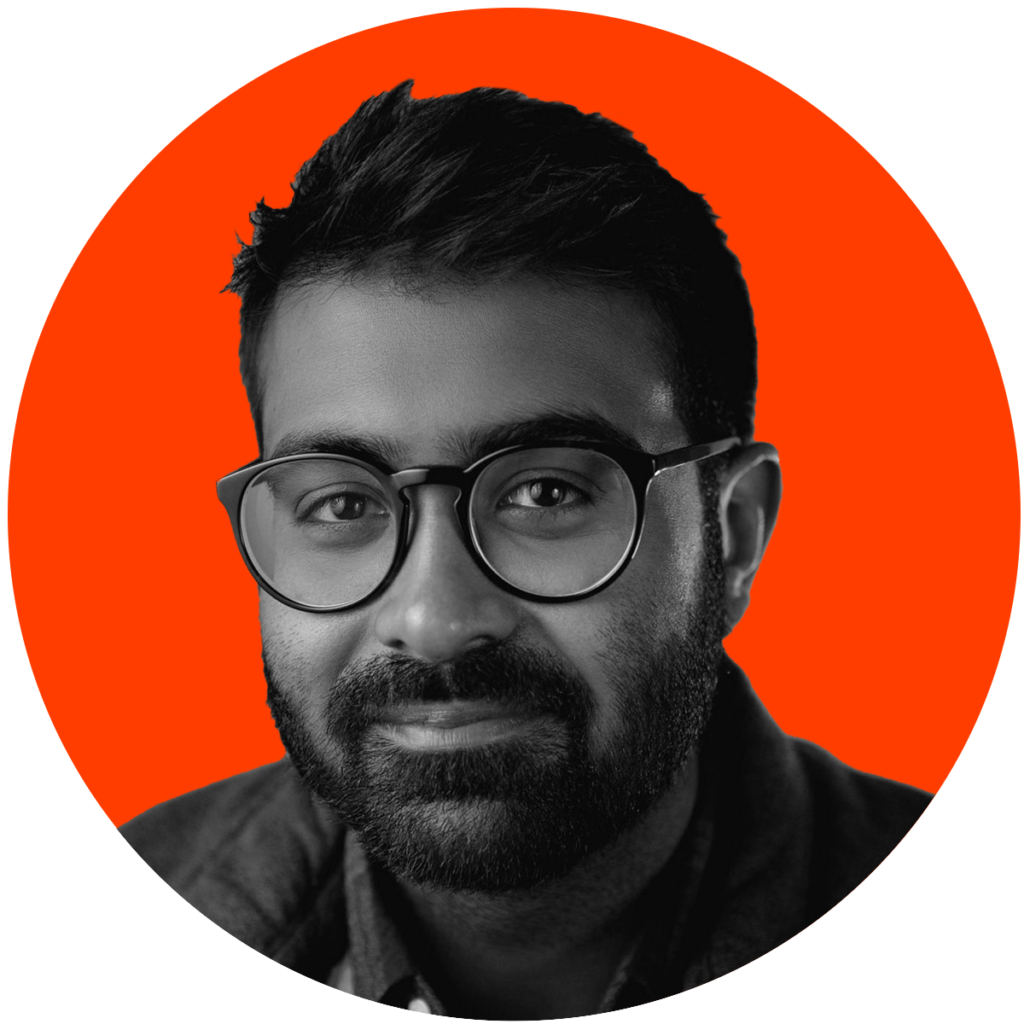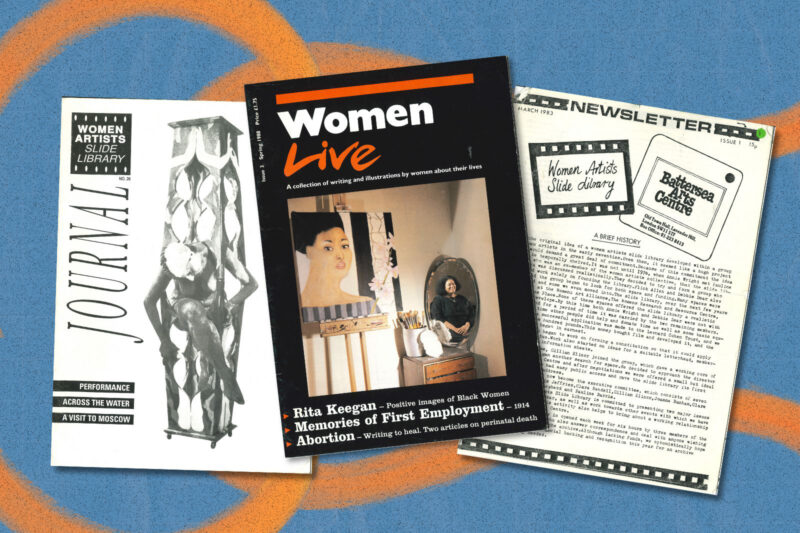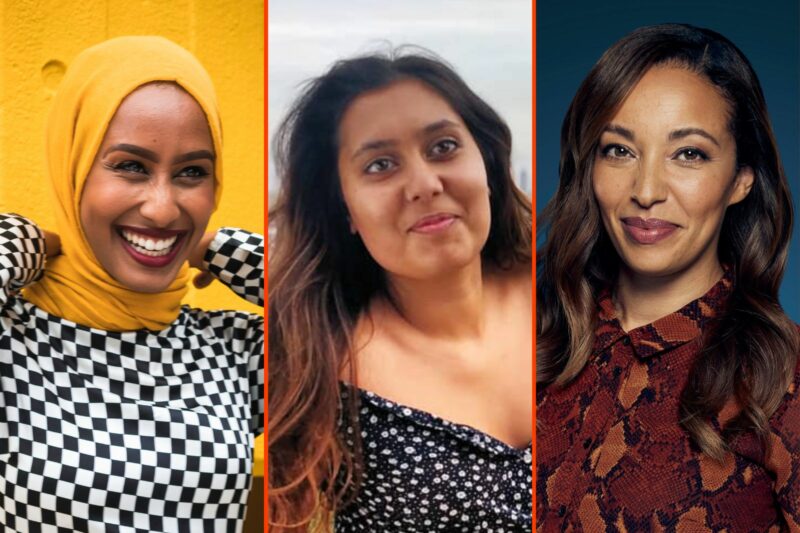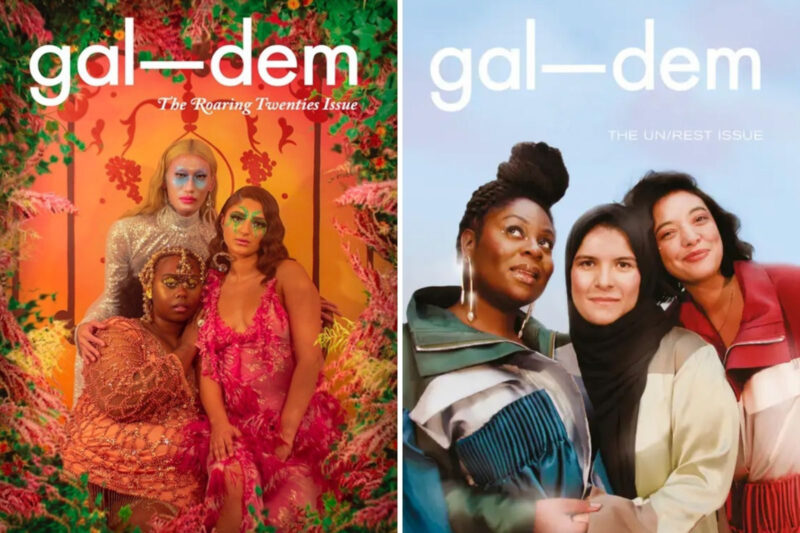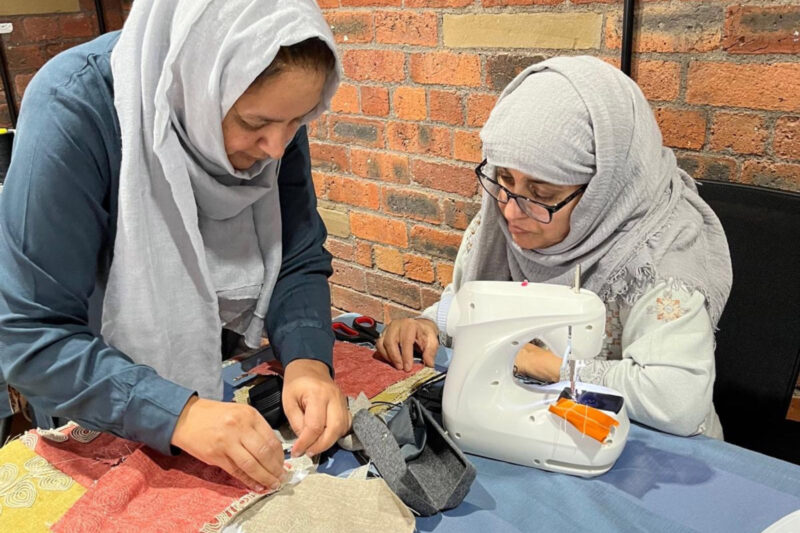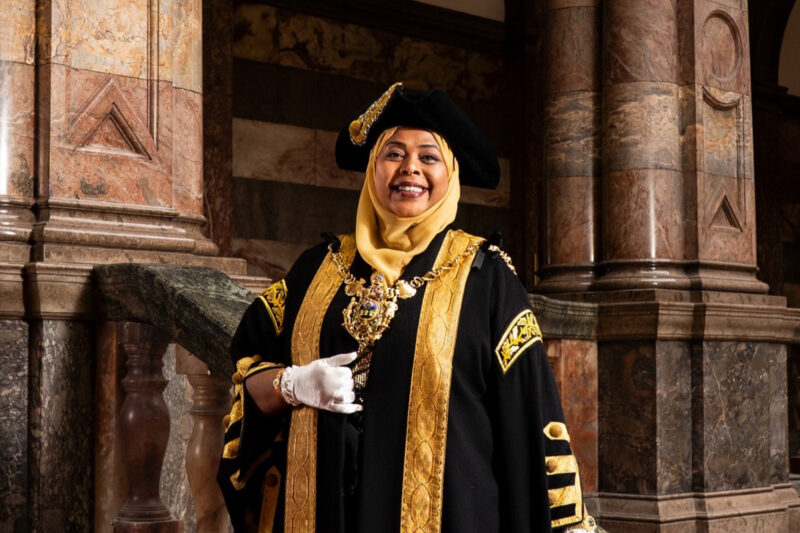
Amina Koroma Q&A: ‘An actor needs to create a fully fleshed out character, even in video games’
Photograph courtesy of Amina Koroma/Andrew James
The voice performer on starring in the latest instalment of Baldur’s Gate, artificial intelligence and the subtle art of world building
Amina Koroma is a Black British Muslim actor and voice-over artist based in London. She started acting professionally in 2018 in local theatre in south London. During the pandemic in 2020, with theatres shuttered, she moved into voiceover acting.
Since then, Koroma has performed in several fantasy podcast series, including Archion and The Secret of St Kilda. Now, she is the voice of a number of characters from the third instalment of the hit video game series Baldur’s Gate.
Here Koroma discusses her transition from architecture to acting, the threat that AI poses to performers and why technology will never be able to fully replicate the things that make us human.
This conversation has been edited for length and clarity.
How does voice acting differ from other forms of performance?
Voice acting is acting, just through a different medium. It requires a different set of skills to get the same level of emotion and heart as you’d see on a stage or a screen. It’s not just being able to hear different voices well. Gaming audiences want experiences that are cinematic, especially at a time when so many video games are being turned into TV shows and films. That includes the way that the animated characters are voiced. They want to hear characters with the same level of depth as they can see them.
How did you get into voice acting?
I actually knew I wanted to get into voice acting since I was a child. I always cite Robin Williams as one of my inspirations, because he did both live action and animation. He was the genie in Aladdin, but also Mrs Doubtfire and Hook from Peter Pan. I was amazed that someone could do all those characters.
I came from a socioeconomic background that meant access to the arts wasn’t easy and no one in my immediate family or social sphere was involved. Though I loved drama and was involved in school plays, I spent most of my educational life trying to become an architect. When that didn’t happen, I decided to try acting again through community theatre. I didn’t go to drama school. My training came from my involvement in the National Youth Theatre and at the Theatre Peckham.
I moved into voice acting in 2020, after attending a seminar at a conference called Actor’s Expo. During the lockdown, theatre and film-making had shut down, but animation and videogames were still being produced. Independent studios still wanted voice actors. There were vacancies being advertised on Twitter — that was a real hive of opportunities in the indie games industry. I decided to invest in audio and video production equipment, built myself a home studio and started getting a few small freelance jobs. Eventually, I used that to build a reel and get signed to an agent, which now means I get referred to for a lot of video games.
You have voiced characters for several games, most recently Mikki Kori in Baldur’s Gate III. What is the process for “creating” a video game character?
I think I’ve voiced about eight non-playable characters (NPCs). The most significant one was a merchant of aphrodisiacs, which was really fun to play. I approach all the characters as an actor. I read all the briefings and the cryptic clues I’m given, but also spend a lot of time looking at how the games work, the different races and clans of characters, their stature and status in the world they’re in. All of that informs the voice and accents. A big part of developing a character is looking at how their physical appearance can be reflected in their voice. Even though it’s a video game, it’s still about creating a fully fleshed out, bodied character that the voice is a vessel for.
How involved are voice actors in the creation of video game characters?
We record voices as the characters on a set. I was fitted with facial recognition markers and we had a rig where my body movements were recorded as well. That is used when the character is put together, so it interacts with other characters naturally. We do a few takes, so the director has choices, and are involved in direction, giving pointers and notes to the production crew. When it comes to the final product, I’m just a cog, a piece in the puzzle. It’s the team of directors, audio engineers and sound editors that craft it into an immersive, groundbreaking game.
In recent months, US actors and writers have been on strike, in part due to the threat AI and digital technology poses to their jobs. How exposed are voice actors to AI technologies?
Video games and animation are considered interactive media, which falls under a different contract, but I will always be in solidarity with my colleagues’ demands for fair treatment and fair working conditions.
AI is a threat to us because there are often clauses in contracts that are obscured in unintelligible jargon, which can easily be exploited. There are unfair agreements where some voice actors have had to give up the rights to their voice samples at audition stage, with no guarantee of being booked. Those samples could be fed into AI technology in the future. Some AI tools only need 10 seconds of a voice in order to duplicate it. We’ve already seen situations where well-known actors have had their voices fed through AI, which can be manipulated.
The challenge of AI is about voice actors maintaining integrity, being compensated for our work and the effort we put into our craft. You can’t just find a shortcut where you just imitate a voice. Part of the reason Baldur’s Gate 3 has done so well is because fans like the human elements. AI can’t replicate what the actors involved have done — it can’t capture humanity, it can’t dip into the pool of memories and experiences from our lives that feed into our characters and performances. That work needs to be valued, and that requires gamers to stick up for us too.
 Newsletter
Newsletter

